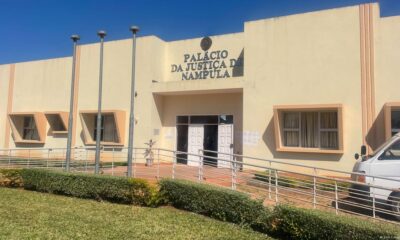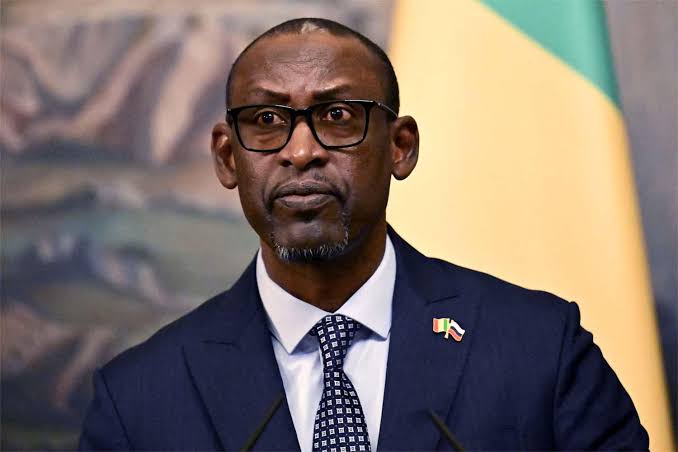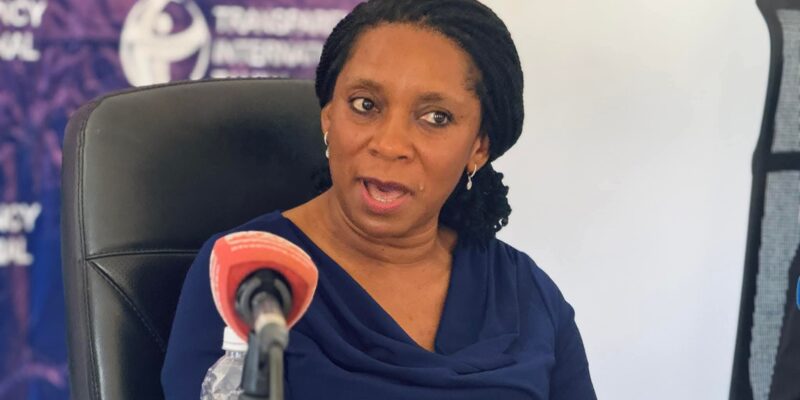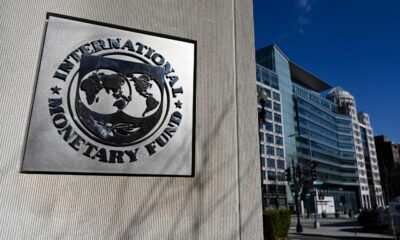Two Non-Governmental Organizations (NGOs) in Zambia, the Transparency International-Zambia (TI-Z) and the Continental Leadership Research Institute (CLRI), have rated the government of President Hakainde Hichilema’s interventions and reforms as below average while calling on the government to urgently implement the Public Audit Act of 2016 and the State Audit Commission Act of 2016.
TI-Z President, Priscilla Chansa, in an interview with Zambia Monitor, underscored the importance of the laws in ensuring the administrative and financial independence of the Office of the Auditor General, describing it as a cornerstone of public accountability.
Chansa stressed that strengthening the Auditor General’s Office was not just a constitutional requirement but a critical step toward safeguarding public resources and improving governance.
“Several promises of governance reforms made by the UPND administration remain largely unfulfilled, despite repeated commitments at various international and local platforms,” Chansa said.
She pointed out stalled constitutional reforms, which was a key pledge in the 8th National Development Plan, and criticised the lack of transparency surrounding the government’s roadmap, which she said had deepened public skepticism.
“This opacity has left stakeholders in the dark and raises doubts about the sincerity of the government’s commitment to such a critical undertaking,” she stated, while urging the government to provide a clear roadmap for the constitutional reform process and, if deemed a lower priority, engage the Zambian public in an open conversation to dispel speculation.
The TI-Z President also criticised the administration’s failure to implement asset declarations and lifestyle audits, calling it a missed opportunity to enhance transparency and accountability.
“We reiterate our call for the enactment of a comprehensive asset and liability declaration law to address this critical area,” she appealed.
Also speaking in a separate interview, the CLRI Executive Director, Mundia Hakoola, called attention to unresolved governance issues in Zambia, warning that delays and inefficiencies continue to undermine efforts to strengthen accountability, transparency, and inclusivity.
Hakoola warned that the absence of a clear and inclusive roadmap for the process risks eroding public trust.
“CLRI urges the government to prioritize this issue, ensuring the process is consultative, transparent, and reflective of the will of the Zambian people,” he said.
He also criticised the delay in appointing the Anti-Corruption Commission (ACC) Board, noting that it undermines Zambia’s anti-corruption efforts and economic stability.
“Corruption erodes public trust, hampers development, and exacerbates inequality. The government must expedite the appointment of a competent and independent board to strengthen the fight against corruption,” Hakoola added.
Addressing youth and women’s underrepresentation in decision-making, Hakoola emphasized the need for deliberate measures to boost inclusivity.
“A governance system reflecting Zambia’s diversity requires active participation from youth and women in public office and policymaking,” he said.
The CLRI also expressed alarm over restrictions on fundamental freedoms, including freedom of expression, assembly, and the press.
“A democratic society thrives when these rights are protected. The government must ensure that citizens can participate freely in governance without fear of repression,” Hakoola stated.

 Metro1 day ago
Metro1 day ago
 Metro1 day ago
Metro1 day ago
 Culture1 day ago
Culture1 day ago
 Politics8 hours ago
Politics8 hours ago
































